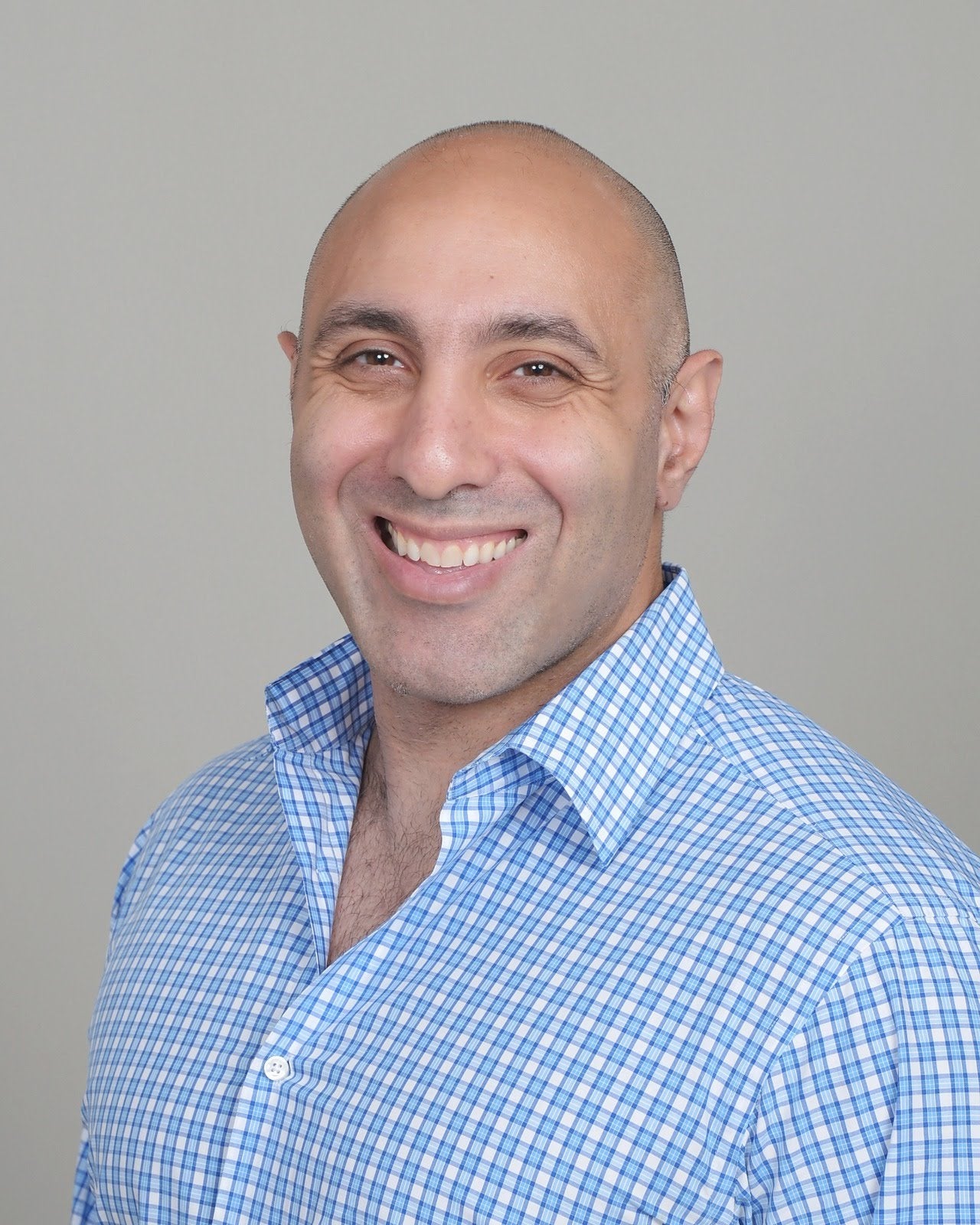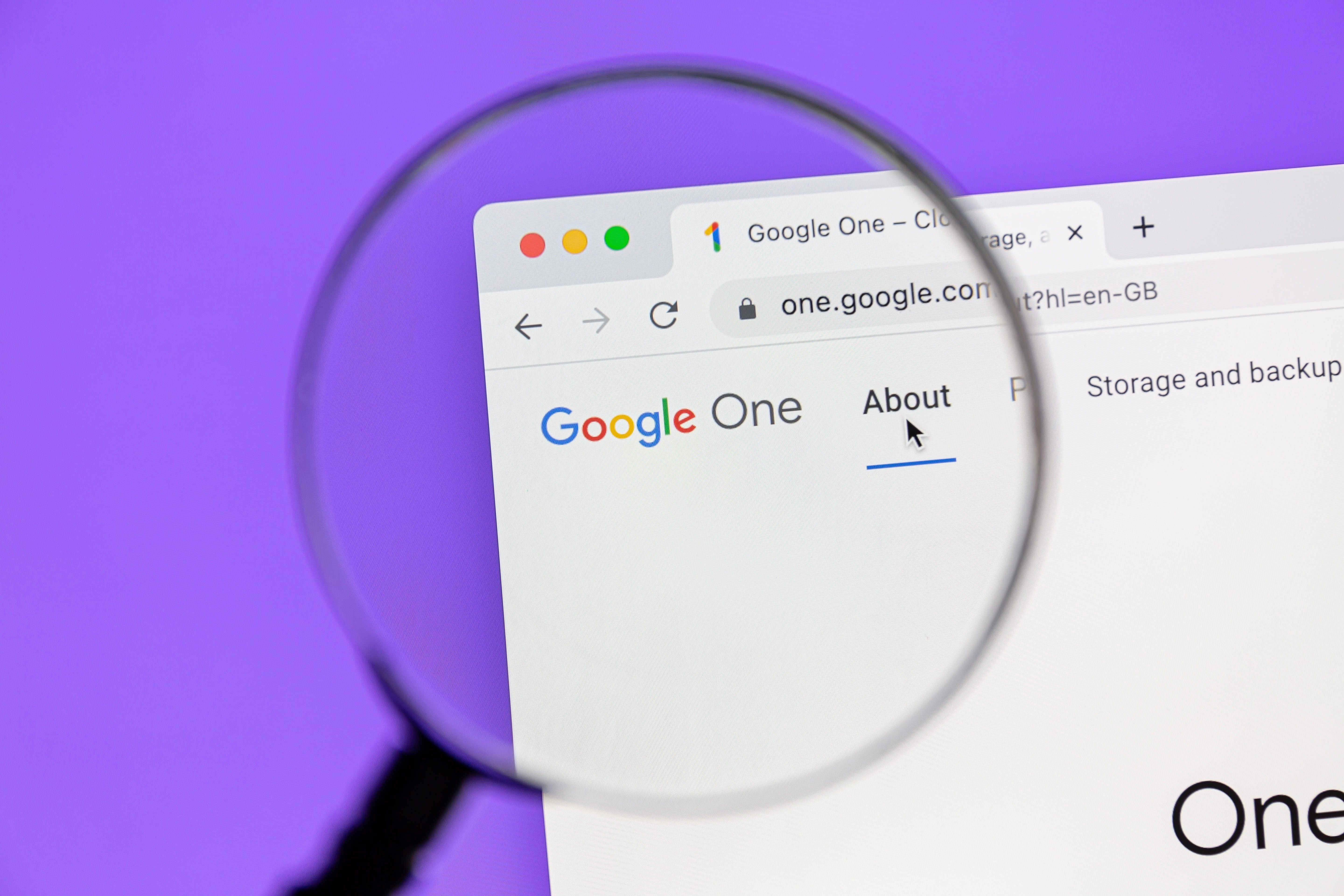Banner artwork by robertindiana / Shutterstock.com

Jackson Castleberry is currently Director, Business Development at Google.

In this interview, Castleberry shares critical insights based on his experience and what differentiates a top-tier in-house lawyer.
Sultani: Hi Jackson. Thanks so much for joining me. It goes without saying that I was always thrilled to work with you and felt very lucky to have you as a business partner. I’m hoping we can discuss the reverse here, and you can help provide guidance for lawyers who are seeking to be better partners and strategic advisors for their key stakeholders.
Castleberry: Thanks, Tarek. I’m thrilled to be here and happy to help.
Sultani: Awesome. Before we jump in, why don’t you tell us a little more about your journey and how you ended up at Google?
Castleberry: I joined Google as an MBA intern in 2008. Coming from a military background, the aspirational mission and a sense of purpose was really important to me. Google certainly offered that to freshly minted MBAs. I started out as a sales manager running some of our agency business in our Boston office. I did that for a few years before joining the global agency team overseeing some of our largest and most complex agency partners.

In 2015, I pivoted to join our Google Fiber team to really test my mettle and see if I could do highly complex negotiations at scale — this is where I worked most closely with counsel. After Google Fiber, I joined the Google Photos team to lead some early stage partnership initiatives. I now lead the Photos & Google One partnerships team — it’s an incredible opportunity to help drive partnerships for a 1B+ user product and advance our Google One subscription business.
Sultani: That’s an amazing journey. In your roles, how closely have you worked with legal?
Castleberry: I’ve always had to work super closely with legal in my roles whether it has been in contract negotiations, dispute resolution, strategy or even just for a gut check.
Sultani: Describe an experience where you really clicked with your counsel. What made it work so well?
Jackson: What makes things just click is having really good lines of communication and being equally invested in the deal. When a counsel shows up with an active interest in getting a good outcome and helps me drive the deals forward, the deals tend to work much more smoothly. Partnering with a counsel that thinks like a business owner is invaluable — it makes the job so much better having a thoughtful partner that looks at all facets of a deal. I'm definitely not looking for back office support.
What makes things just click is having really good lines of communication and being equally invested in the deal.

Sultani: Continuing on this line, in your experience, what do you feel sets apart the good lawyers you’ve worked with from the great ones?
Castleberry: The best lawyers pick up and run with the balls. I say balls because they are not afraid to juggle multiple things and don’t let perfection be the enemy. They are responsive and proactive. They never need to be chased down. We tend to work together side by side.
That doesn’t mean that we always agree, but I trust them to be direct when they disagree and give me good guidance on why they disagree.
The best lawyers always take the time to understand the deal and my business. By understanding the products and the business case, they can make informed judgments. They don’t just say yes, no, or give wishy washy answers. They provide concrete strategic guidance based on their deep understanding of the business.
The best lawyers will go above and beyond just the questions I ask and counsel me on issues I may not even have thought of. That kind of proactive counseling ultimately helps protect the company and builds greater long-term relationships with my partners.
Sultani: That’s quite a list. On the flipside, what are some of the pain points you’ve had to deal with when working with lawyers where things have not been as smooth or successful?
Castleberry: I mean, really it is just the reverse. One challenge is when teams are over-subscribed and we need to chase down counsel in order to hit deadlines. I always try to come from a place of understanding and empathy. You all are always super busy, but when we have deadlines they need to be met, and if I’m struggling to even get a response, it doesn’t bode well for the deal. Time kills deals.

That said, I’d prefer someone who takes a little longer and really shows an interest in understanding the business, the products, and the deal than someone who just does the bare minimum and treats it as transactional. What I really need is someone who is an accelerator and a business enabler, not someone who is a blocker.
Sultani: There's a common expression in legal circles that, “just because the business likes a lawyer doesn't mean they are a good lawyer.” What do you think of that?
Castleberry: From my experience, the lawyers that I work best with have both the technical expertise and the business savvy. Effective legal partners are also great at providing guidance. While I want a legal partner who is a business enabler, I’m also not looking for someone who is a “rubber stamp.” Things inevitably go wrong, and I want to make informed judgments of the risks. The best lawyers I’ve worked with don’t just identify risk but are able to articulate and even quantify the risks, so that I can make proper judgments that best protect our company.
The best lawyers I’ve worked with don’t just identify risk but are able to articulate and even quantify the risks.
Sultani: What do some counsel working with you do that you wish they would not? How can they be better?
Castleberry: Apart from the things I mentioned before, the thing that is most challenging is when a lawyer sees things as binary — yes or no, high risk or low risk — rather than trying to find creative solutions to help bridge whatever gap in risk the deal is facing. The best lawyers draw on their expertise and experience to come up with solutions that other team members are not able to. This is a much better experience than just “running the playbook.”

Apart from the things I mentioned before, the thing that is most challenging is when a lawyer sees things as binary — yes or no, high risk or low risk — rather than trying to find creative solutions to help bridge whatever gap in risk the deal is facing.
Sultani: Say you are working with counsel, and you feel you are not getting the level of support you need. How would you handle that situation?
Castleberry: I always want to partner with my counsel and work collaboratively, so when things aren’t working right I usually try and take them out for coffee to see if we can bridge the gaps. Usually by getting to know each other on a personal level, we are able to create a better working relationship. I know that most in-house lawyers are very sensitive to “forum shopping” or feeling that I am going around them, so I will try hard to make it work with the counsel that is working the deal before considering other paths such as escalation. Sometimes that means frank and hard conversations, but it is important to be direct.
Usually by getting to know each other on a personal level, we are able to create a better working relationship.
Sultani: One last question, please. If there's one piece of parting advice you would want to give to counsel working with you, what would it be?
Castleberry: It would just be to remember that we are on the same team and have the same shared goals — I always say in a light and fun way, “one team, one dream.” If we approach our working relationship from that cornerstone, our harmonious collaboration and successful outcome for our company is all but guaranteed.

Sultani: Lawyers always get nervous around guarantees, but I can’t disagree with you. Thank you so much for your time, Jackson. It has been a pleasure, as always!
Disclaimer: The information in any resource in this website should not be construed as legal advice or as a legal opinion on specific facts, and should not be considered representing the views of its authors, its sponsors, and/or ACC. These resources are not intended as a definitive statement on the subject addressed. Rather, they are intended to serve as a tool providing practical guidance and references for the busy in-house practitioner and other readers.





